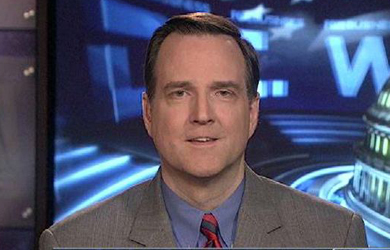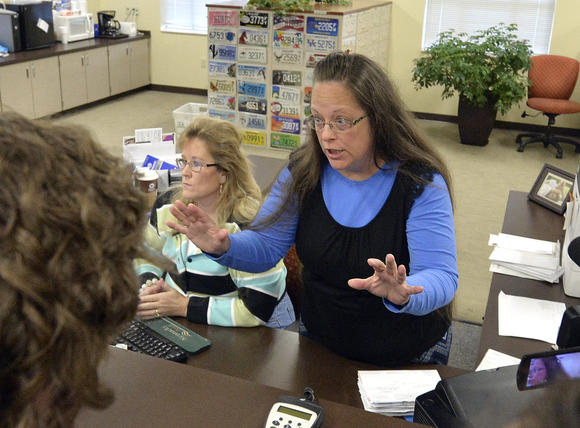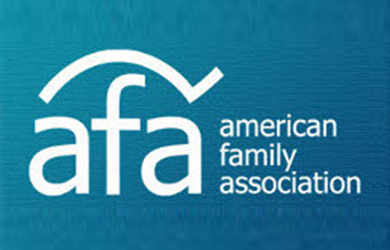On Monday, Focus on the Family kicked off their first Day of Dialogue, which replaced the Day of Truth that had been sponsored by the “ex-gay” group Exodus International. Brad Clark, the executive director of One Colorado, wrote an open letter to Focus on the Family calling for them to work towards building “a true dialogue about what it means to be LGBT—instead of encouraging young people to spread harmful rhetoric to vulnerable youth in our schools.”
Focus on the Family has consistently claimed that anti-bullying programs send students a “homosexual message” and are part of a “pro-homosexual curriculum” made by “gay activists” who are “infiltrating classrooms under the cover of ‘anti-bullying’ or ‘safe schools’ initiatives.” Candi Cushman is the point person in their campaign against bullying-prevention programs, and heads their True Tolerance program and Day of Dialogue, which heavily propagates the view that gay people can change their sexual orientation through “reparative therapy.”
Unsurprisingly, Cushman accused Clark of promoting censorship and attacked the anti-bullying Day of Silence, where students remain silent throughout the school day to show solidarity with bullied and closeted LGBT students:
However, Clark’s suggestion that kids merely expressing their faith-based viewpoints in a loving and peaceful way in their own schools is the moral equivalent of practicing sexual violence and physical harm is a rather frightening stance. Carried out to its full and logical conclusion, such reasoning becomes a convenient tool for censorship, an idea not only contrary to the tenets of academia, but contrary to the principles of free speech and thought that have not only made this country great – but that have made this country possible.
Consider, as an example, what occurred Monday: Thousands of Christian students in public high schools and colleges across 42 states and some foreign countries participated in a new, Focus on the Family-sponsored event called the Day of Dialogue. This event was designed to create a safe space and equal access for different viewpoints, including faith-based ones, partially in response to the Day of Silence, which has been celebrated in thousands of public schools nationwide for the past 15 years.
Sponsored by one of the nation’s largest homosexual advocacy groups, Day of Silence is a day when educators are encouraged to have materials in their classroom addressing homosexual, bisexual and transgender topics from the sole perspective of that sponsoring group. What Day of Dialogue is meant to help facilitate is a true, free exchange of ideas and open conversations, rather than the silencing of certain viewpoints.
As Cody J. Sanders, a Baptist minister, notes in Religion Dispatches, by constantly playing the victim and attacking gays, Focus on the Family does not promote genuine dialogue at all:
Supposed “threats to religious freedom” and the language of “all-out, full-scale attack” produce war-like images that serve only to demonize those with whom one is to dialogue. It becomes a bit clearer why the Day of Dialogue site offers no assistance to students who wish to listen to the views of their dialogue partners. When the (LGBT) dialogue partner is constructed as the “enemy” whose way of being in the world is fundamentally evil, corrupt, pathological or anti-Christian, there is really no need to dialogue.
Since the language of “threat to freedom in America,” the corrosion of “constitutionally protected rights,” and “full-scale attack” is the language typically used when trying to justify engaging in the violence of war, one wonders if “dialogue” is just a polite cover for a more insidious intention.
…
When one dialogue partner defines gay marriage as a “controversial sexual topic” contrary to “God’s truth” prior to engaging the views of the other, what possibilities exist for dialogue? An a priori assumption about what constitutes the “true view” of the Divine (which is, of course, the view one already holds) disallows the necessity of actually listening to and engaging the views of other dialogue partners.








